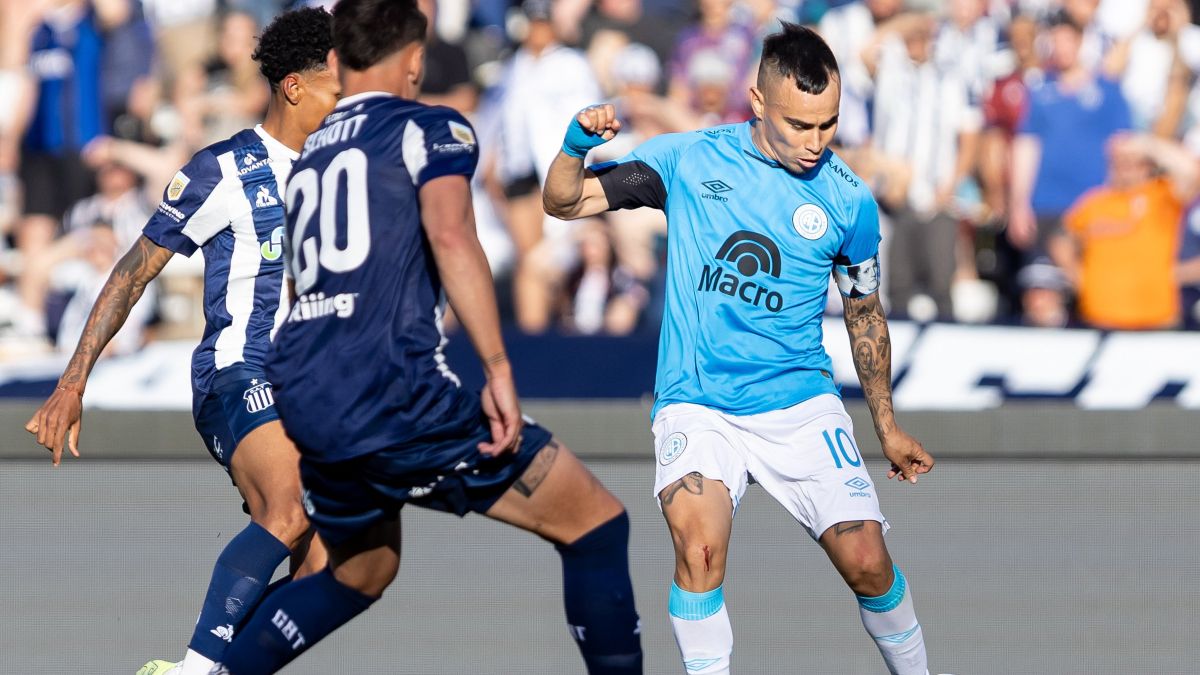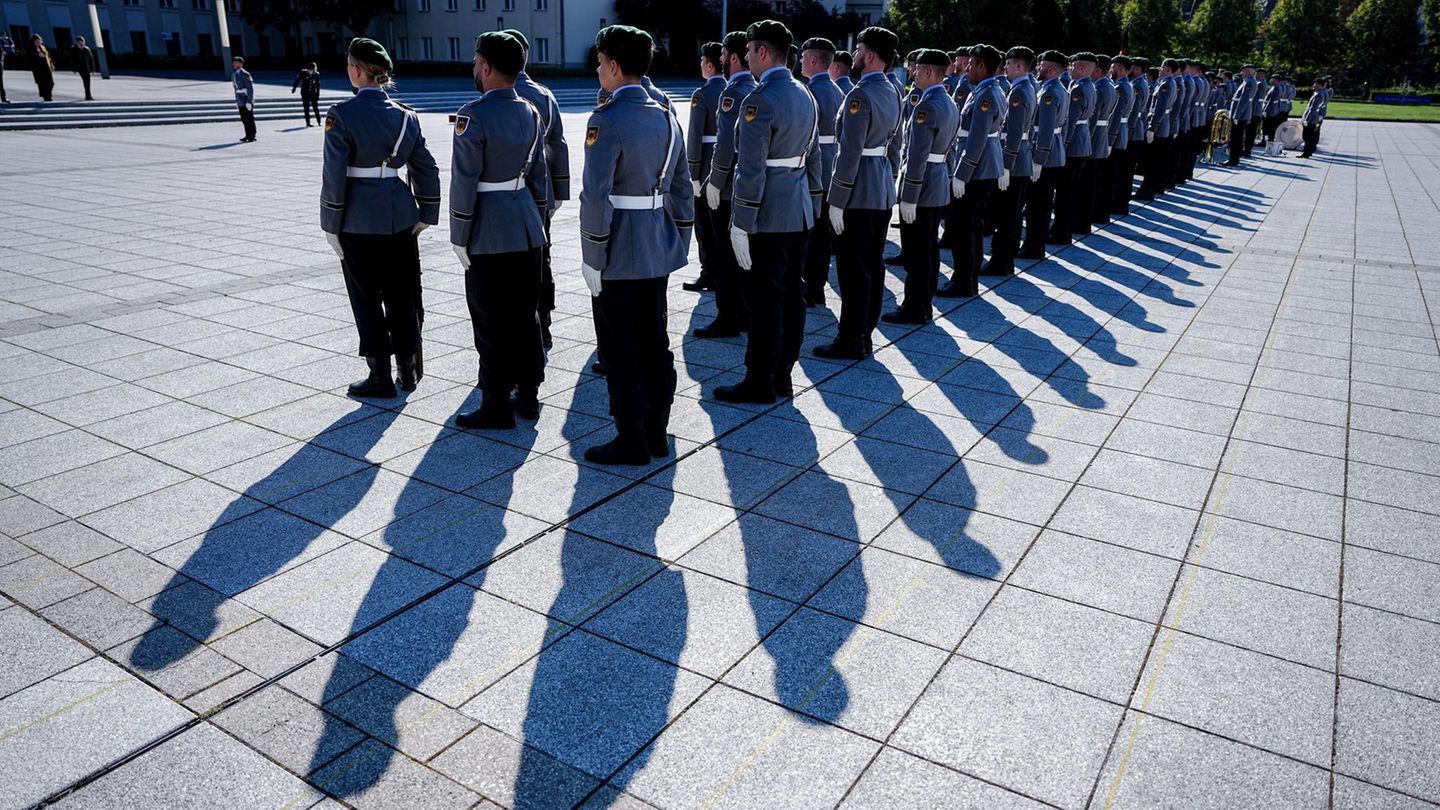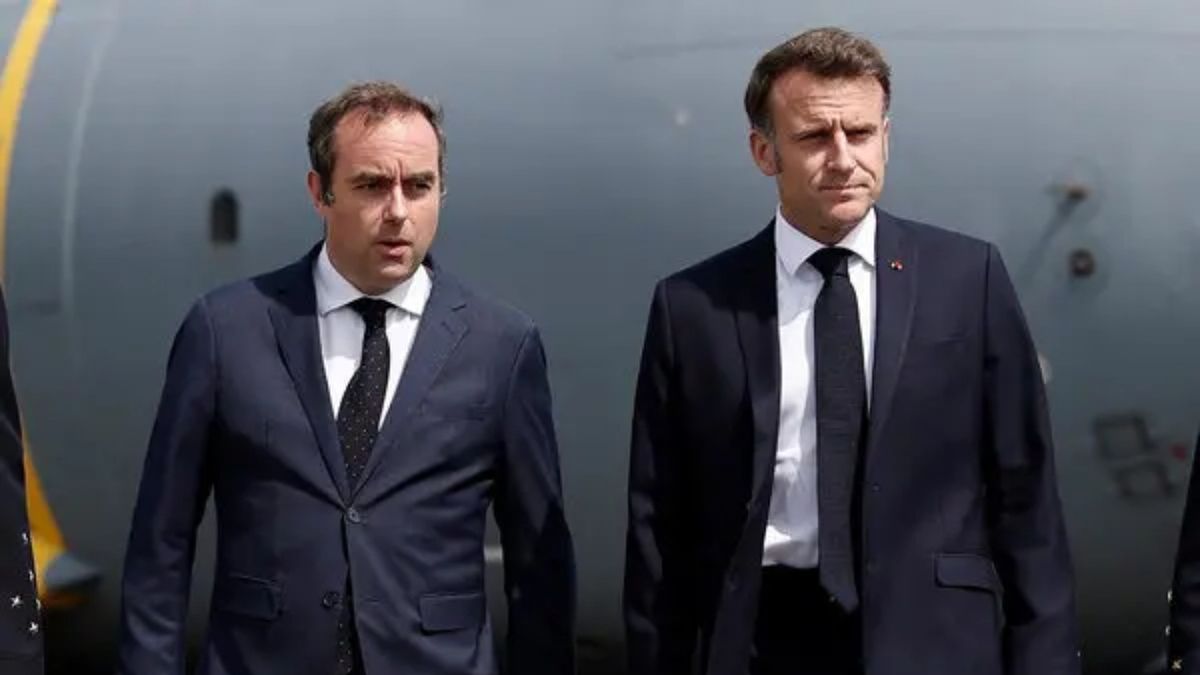Amplified by more than two years of the corona pandemic, the nutritional situation in Brazil has deteriorated again. 125.2 million Brazilians do not have full and permanent access to food, according to a study by the Brazilian Food Security Research Network (Rede PENSSAN) released on Wednesday, using data between November 2021 and April 2022. 33.1 million of them suffer from hunger.
Impoverishment, cutbacks in state aid, weakening of farming families
Economist Francisco Menezes attributed the increase to three reasons in a statement from the aid organization Action Aid, which supports the study: the impoverishment of the population in combination with inflation, the reduction in state aid and the weakening of family farms.
Far-right president suspended food security council
According to a study by the research network last April, 19 million Brazilians were still suffering from hunger at the time. Brazil has been plagued by hunger time and time again. Former left-wing head of state Luiz Inácio Lula da Silva (2003-2011) made the fight against hunger one of his priorities. High commodity prices and newly discovered oil deposits helped him fund social programs like “Fome Zero” (Zero Hunger). The right-wing extremist President Jair Bolsonaro, who has been in power since 2019, suspended the National Council for Food Security in one of his first official acts.
Non-governmental organizations such as Ação da Cidadania have seen hunger gradually increasing since 2017. The economic crisis and cuts in social programs have left many people behind and starving. The corona pandemic intensified the development: the economy crashed, the gross domestic product shrank, some jobs were lost. Long queues formed in front of the food distribution points in Rio de Janeiro, for example.
Source: Nachrichten




